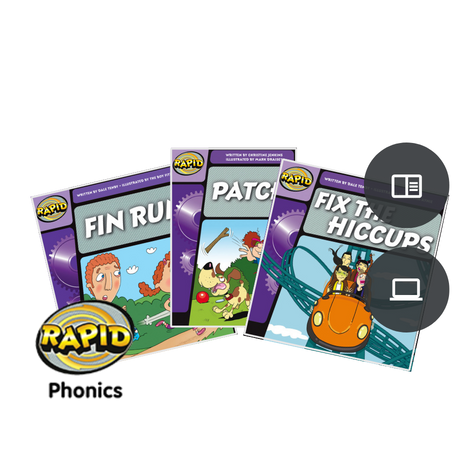Developing thinking within, about and beyond the text
About the webinar
Discover how to select suitable interactive read-aloud texts for specific purposes and how to best to use these texts to sustain reading processing and expand thinking.
Be guided through the key features of an effective interactive read-aloud lesson structure and discover how this instructional strategy differs from shared-performance, guided and independent reading.
Modelling within the webinar will focus on what the teacher says and does to take on more of the cognitive demands of the reading whilst prompting student dialogue and thinking.
Webinar Outcomes
- Develop an understanding of the ten key characteristics of texts and use this understanding to select interactive read-aloud for specific purposes
- Learn how to plan an interactive read-aloud lesson with pre-determined questioning to focus and drive thinking and talking about the text
- Foster teacher capacity to use interactive read-aloud to support and extend student use of the Systems of Strategic Actions to process, respond to and think about texts
About the presenter: Chris Brown
Chris is currently working at Bacchus Marsh Primary School where he is an Assistant Principal with responsibility for Literacy Curriculum and Coaching in classrooms at all levels across the school. He has had experience in both primary and middle schooling contexts with particular focus on the development of teacher expertise in Reading and Writing.
More recently, he has studied in Boston with Irene Fountas, within her course on Effective Literacy Coaching at Lesley University. Developing shared understandings of evidence-based instructional strategies in Literacy and using Professional Learning Communities to drive improvement, continue to be priorities in his professional work.
Chris maintains that one of the key aspects to improved instruction in Literacy is to develop, within teachers, shared understandings of the reciprocity between the reading and writing process as well as expertise in the application of evidence-based instructional strategies.







